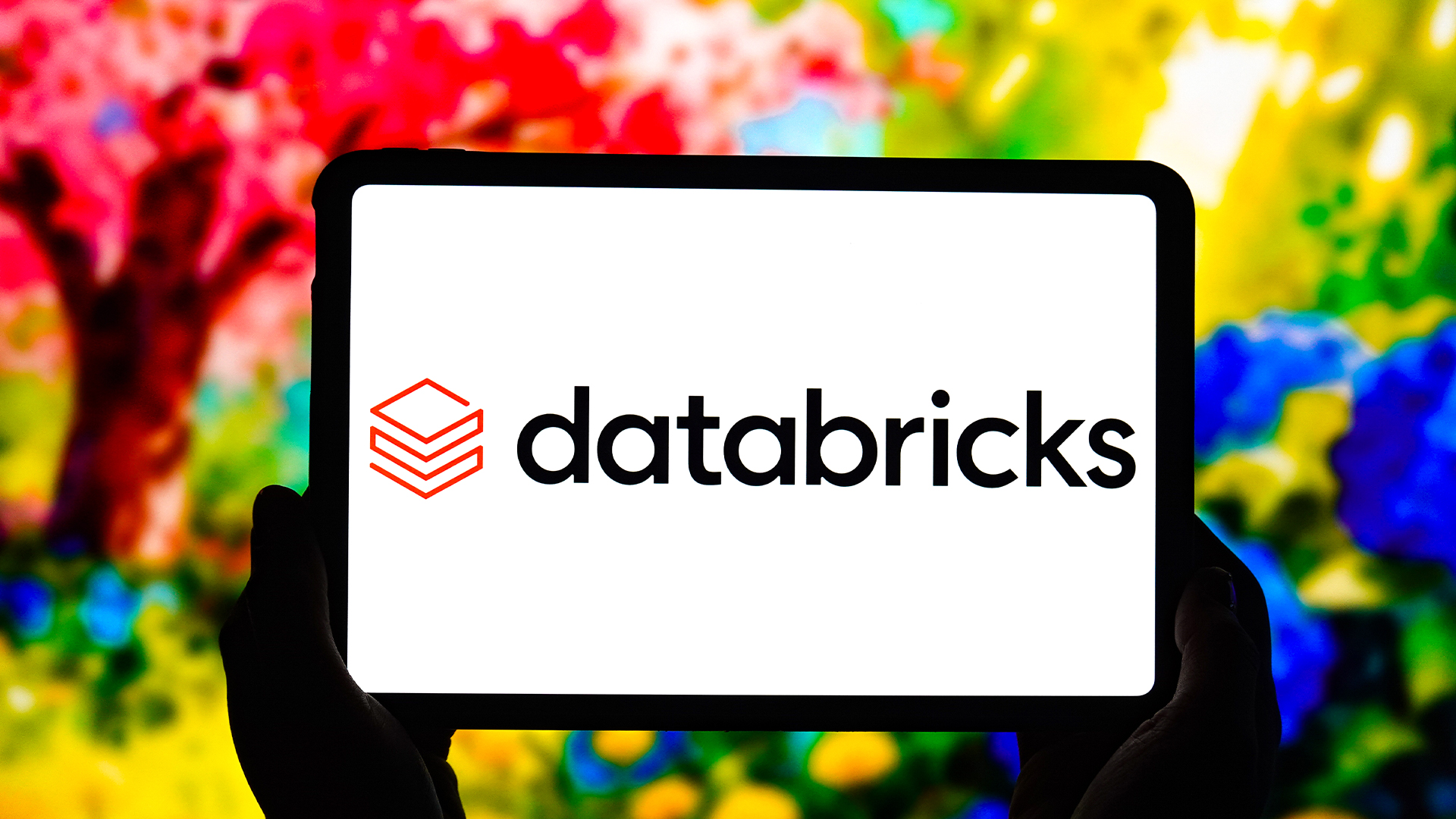Civil servants blame legacy technology for sluggish government digital transformation progress
UK government also lagging on training with fewer than a fifth of civil servants receiving any in the past two years


The UK government’s digital transformation is being held back by out-of-date technology, budget constraints, and hiring hurdles, civil servants have said.
Half of all 1,006 surveyed civil servants said that legacy technology is no longer fit for purpose and that it was limited by budget constraints.
Additionally, half of those working on related programmes said that a lack of skills that are especially important for digital transformation is an evident problem, owing to difficulties in hiring the right talent.
37% said they have very few or no skills or knowledge in how AI, machine learning, and automation can be used to improve public service delivery, for example, while 39% lack skills in deploying or migrating apps on cloud infrastructure.
The majority of civil servants (58%) agreed their department is not equipped with the right resources, tools, and skills to use technology to transform public services.
Despite more than three-quarters (78%) reporting interest in receiving training in new digital skills, less than a fifth (19%) said they had any internal or external training in the last two years, the report from Global Government Forum, supported by Google Cloud, revealed.
"Our vision is that by 2025, the UK government will be a transformed more efficient digital government that provides better outcomes for everyone,” said Megan Lee, CEO at the Central Digital and Data Office (CCDO) and head of the Digital, Data, and Technology function at the UK government.
Sign up today and you will receive a free copy of our Future Focus 2025 report - the leading guidance on AI, cybersecurity and other IT challenges as per 700+ senior executives
RELATED RESOURCE

Transforming the employee experience for a hybrid work world
How a single PC vendor can help you get ahead
“A central tenet of that mission is in equipping civil servants for a digital future: focused on upskilling digital and data capability and ensuring access to the right data and tools to do the job effectively. CDDO leads the Digital, Data and Technology profession, and we are fully committed to empowering all government departments to attract and build digital talent at scale.”
Lee added that CDDO is meeting the demand to provide digital skills training to civil servants through its roadmap for digital and data. It has committed to upskill at least 90% of senior civil servants on digital and data essentials, as well as deepen the skills of DDaT professionals who will undertake training at least once a year. The roadmap also aims to ensure that all departments meet the definition of “good” for agile ways of working.
The CDDO also launched the Autumn of Digital Learning in September, where senior leaders can access development opportunities and masterclasses.
“And, we’ve launched the Digital and Data Essentials, a core set of capabilities that all civil servants should strive to have. CDDO has also assessed product-centric ways of working across many high-volume services, identifying opportunities to further strengthen the way in which the government uses Agile at scale,” she said.
Zach Marzouk is a former ITPro, CloudPro, and ChannelPro staff writer, covering topics like security, privacy, worker rights, and startups, primarily in the Asia Pacific and the US regions. Zach joined ITPro in 2017 where he was introduced to the world of B2B technology as a junior staff writer, before he returned to Argentina in 2018, working in communications and as a copywriter. In 2021, he made his way back to ITPro as a staff writer during the pandemic, before joining the world of freelance in 2022.
-
 UK’s ‘Tech Prosperity Deal' with US hits rocky ground
UK’s ‘Tech Prosperity Deal' with US hits rocky groundNews The US has reportedly threatened to pull out of the deal over the Digital Services Tax and broader economic disagreements
-
 Databricks wants to train 100,000 people in AI across the UK and Ireland – here's how to get involved
Databricks wants to train 100,000 people in AI across the UK and Ireland – here's how to get involvedNews The company will work with government and academic institutions to bolster AI and data skills
-
 IT and business pros call for more tech training
IT and business pros call for more tech trainingnews Projects are being abandoned thanks to a lack of tech skills
-
 Enterprises are concerned about ‘critical shortages’ of staff with AI ethics and security expertise
Enterprises are concerned about ‘critical shortages’ of staff with AI ethics and security expertiseNews Tech leaders are reporting higher demand for AI literacy and “human skills”
-
 Rampant skills gaps should be a ‘wake-up call for every leader’ as AI, tech talent shortages hamper growth
Rampant skills gaps should be a ‘wake-up call for every leader’ as AI, tech talent shortages hamper growthNews AI and broader tech skills are two of the three biggest headaches for tech leaders
-
 These are the UK industries facing the biggest digital skills gaps in 2025
These are the UK industries facing the biggest digital skills gaps in 2025News Analysis of job vacancies shows that the digital economy is accelerating too quickly for the workforce to keep up with
-
 ‘A major step forward’: Keir Starmer’s £187 million tech skills drive welcomed by UK industry
‘A major step forward’: Keir Starmer’s £187 million tech skills drive welcomed by UK industryNews The ‘TechFirst’ program aims to shore up the UK’s digital skills to meet future AI needs
-
 Multiverse wants to train 15,000 new AI apprentices across the UK
Multiverse wants to train 15,000 new AI apprentices across the UKNews The program, open to workers across the UK, is designed to support the UK government's AI Opportunities Action Plan


